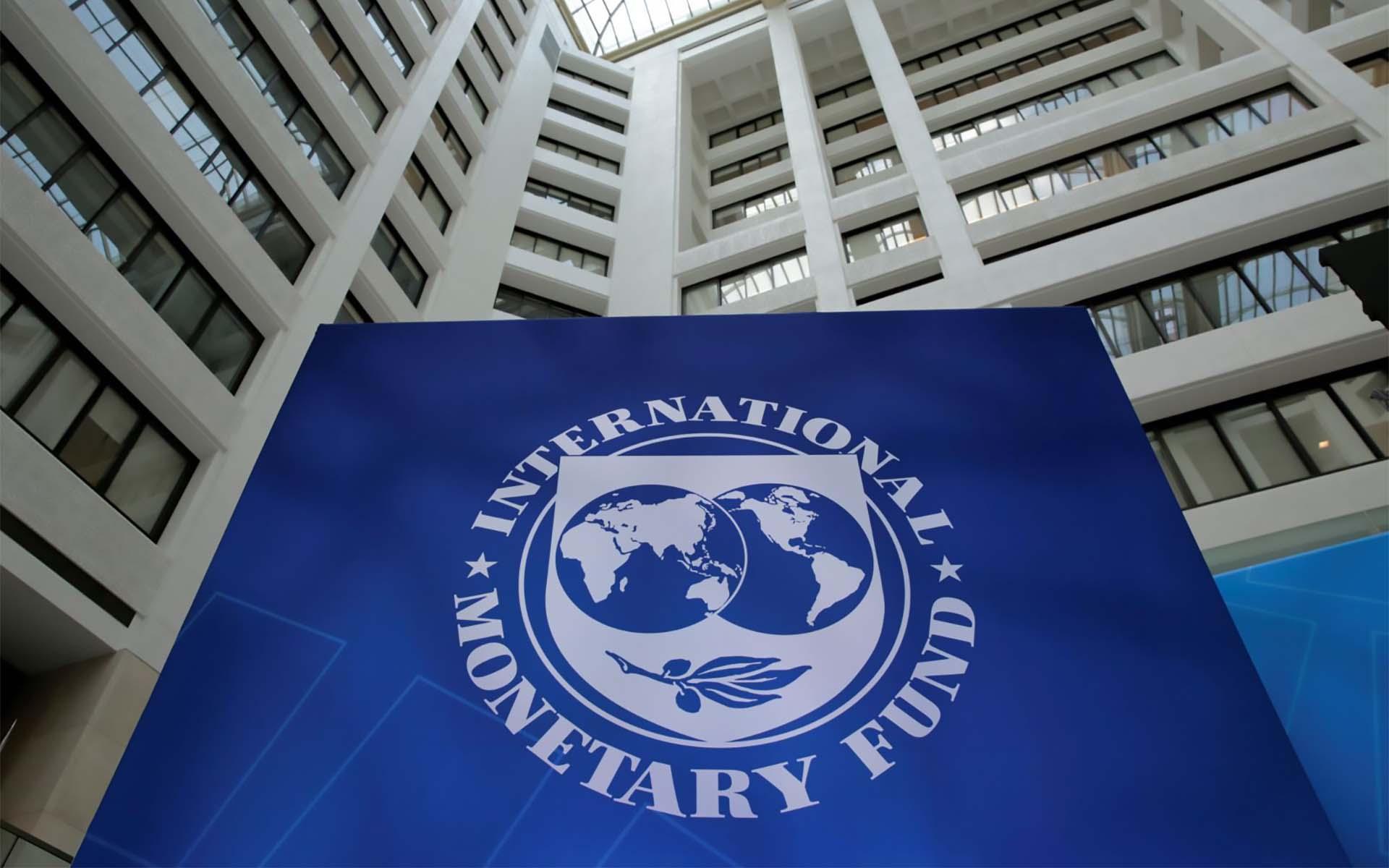WASHINGTON, Nov. 4 (Xinhua) -- Simultaneous implementation of key structure reforms will help support China's balanced recovery from the COVID-19 pandemic and its new economic development pattern of "dual circulation," an International Monetary Fund (IMF) official has said.
First introduced in May this year, the "dual circulation" strategy, which takes the domestic market as the mainstay while letting domestic and foreign markets boost each other, has been placed high on Chinese authorities' agenda as the global economy suffers from the impact of the pandemic.
"A renewed focus on strengthening China's domestic sources of growth through structural reforms that increase the role of markets and private firms is very welcome," Helge Berger, the IMF's China mission chief and assistant director in the Asia and Pacific Department, told Xinhua in a written interview on Wednesday.
"Simultaneous implementation of key reforms can support a job-rich and balanced recovery now," Berger said, adding these reforms include further opening up domestic markets, improving state-owned enterprise (SOE) governance, and ensuring competitive neutrality while promoting green investment and strengthening social safety nets.
In Berger's view, many of these reforms are "mutually reinforcing," suggesting simultaneous implementation would maximize their impact and limit short-term adverse effects.
"Longer term, these reforms will anchor domestic growth and help build a more resilient, green, and inclusive economy, in line with the authorities' new development goal of strengthening 'dual circulation'," he said.
"At the same time, China should continue to help lead multilateral efforts to address global challenges," Berger said, citing examples of supporting international efforts to expand access to a vaccine, providing debt relief to low-income countries and sustainable financing for global infrastructure investment, as well as tackling climate change.
Berger's comments came as an IMF staff team led by him just completed the annual Article IV review of the Chinese economy.
The IMF mission held "highly constructive and candid discussions" with senior officials from the Chinese government, the People's Bank of China, private sector representatives and academics to exchange views on economic prospects, reform progress and challenges, and policy responses from Oct. 26 to Nov. 4, according to the IMF.
Berger said the Chinese economy is continuing its fast recovery from the pandemic, "due to a strong containment effort and strong macroeconomic and financial policy support which has mitigated the crisis' impact and helped the economy to rebound."
"Containing the pandemic is clearly key. The government has successfully adopted a granular and targeted approach in response to localized outbreaks, by combining intensive testing, effective contact tracing, and localized mobility restrictions," he said.
Berger noted that it is important for macroeconomic policy to continue to help the recovery and ensure it is balanced, as "the overall level of economic activity is still below capacity and private consumption is still lagging."
"What we have in mind to secure a balanced recovery, is for fiscal policy to stay slightly expansionary next year while, at the same time, shifting from infrastructure spending towards strengthening social safety nets and promoting green investment," he said.
For example, the temporary pandemic-related measures to extend greater financial security to unemployed migrant workers could continue beyond 2020, and healthcare capacity could be scaled up further to bolster confidence about the availability of medical care in response to future outbreaks, Berger explained.
In terms of opening up China's financial sector, Berger believed it will be important to "build resilience" to facilitate financial integration into the global economy.
"Implementing the planned asset management reform, improving supervisory capacity to monitor risks across the financial system, and strengthening prudential policies to address governance and related-party exposure risks at financial institutions would help safeguard financial stability," he said.
Berger emphasized that "a comprehensive bank restructuring approach" is needed to strengthen the banking system and improve its capacity to support growth by providing resources to productive sectors.
"What this would entail is a comprehensive solution to clean up weak banks while addressing moral hazard to address vulnerabilities in the banking sector as the crisis support measures in the financial sector are phased out," he said.
In addition, given that corporate debt is high, the development of a well-functioning distressed debt market for banks to sell or restructure bad assets would be very helpful, said the IMF official.
The IMF currently projects that China's economy will grow by 1.9 percent in 2020 and expand at 8.2 percent in 2021, along with a gradual handoff from public support to private demand as private consumption continues to strengthen. Enditem




 A single purchase
A single purchase









